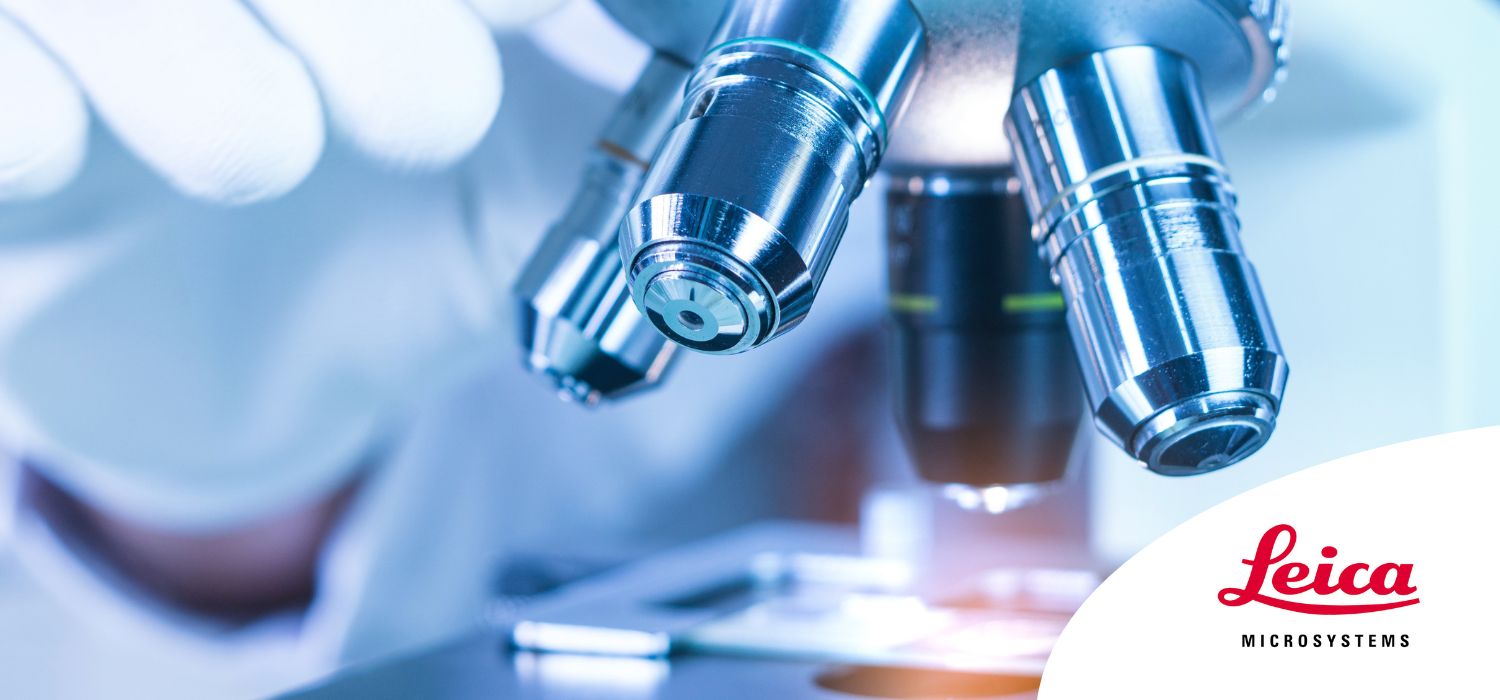Accelerate Scientific Progress: The Power of Reproducibility, Collaboration and New Imaging Technologies


Paula Montero
MicRoN Core Director, Harvard Medical School
Read BioDr Paula Montero Llopis obtained her PhD at Yale University, where she focused on understanding the molecular mechanisms by which cells achieve their intricate internal organization. Throughout her research, she has focused on developing quantitative fluorescence microscopy tools to study cell biology. Dr Montero Llopis currently directs the Microscopy Resources on the North Quad (MicRoN) microscopy core at Harvard Medical School, which she established in 2016. In addition, she is a strong advocate for rigor and reproducibility in microscopy. She has led and authored several publications on best practices in reporting microscopy methods. Finally, Dr Montero Llopis firmly believes in collaborative and accessible image-based science and strives to create meaningful collaborations with her trainees and microscopy vendors to drive scientific discovery forward.
Close
Ulf Schwarz
Applicaton Manager (LS), Leica Microsystems CMS GmbH
Read BioUlf Schwarz was trained as a biologist at the University of Bayreuth, Germany. After working for seven years in health care industry he joined Leica Microsystems CMS GmbH in 2002. In his role as an Application Manager, he organizes and conducts system demonstrations, performs user training, and runs microscopy workshops educating participants on all aspects of Confocal, Multiphoton, and STED microscopy.
CloseQuantitative light microscopy is vital for accelerating scientific discovery in fundamental and translational biomedical research. The rapid development and advancement of new tools in light microscopy and data analysis have presented new challenges for researchers. An in-depth understanding of each technology is needed to appreciate how it may introduce bias and impact reproducibility.
Additionally, it elevates the activation energy to adopt new technologies that would otherwise drive science forward. Access to expertise, resources, and education is critical in adopting new technologies to improve the advancement of microscopy-based science and ensure rigor and reproducibility.
Imaging scientists have a critical educational role in improving rigor and reproducibility by sharing their technical expertise and providing intellectual contributions in all aspects of image-based science. They participate in creating, developing, and disseminating guidelines, resources, and tools to improve image-based research.
In this webinar, you will learn:
- What impacts reproducibility in microscopy.
- The resources and initiatives that exist to improve education, rigor, and reproducibility in microscopy.
- How collaboration between researchers, imaging scientists, and microscopy vendors can drive innovation and adoption of new technologies.
